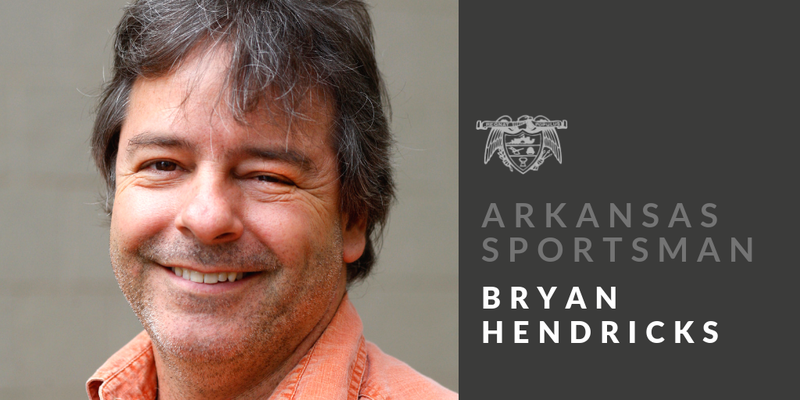With a large percentage of its duck-friendly oaks in jeopardy of dying, Bayou Meto Wildlife Management Area is at a tipping point.
Tom Foti, forest ecologist for the Arkansas Natural Heritage Commission, said that critically damaged areas can be conserved and even regenerated, but the hour is late. Progress will take money, time and also some luck.
Specifically, 50-75% of certain red oak species in the Uper Vallier Area at Bayou Meto WMA are in danger of dying in the next several years, Foti said. Oak species at the greatest risk are water oaks, willow oaks, Nuttall Oaks and cherrybark oaks, which produce small acorns that ducks eat. Those trees are unable to sustain for prolonged periods of flooding, which have been customary at Bayou Meto WMA for many years.
Foti recently completed a forest health assessment in the Upper Vallier Area, one of the most popular duck hunting sections at Bayou Meto WMA. Using Light Detection and Ranging (LIDAR), Foti documented tree health in all of the area's standard flood elevations. He said the data reflect the degree of change necessary in how water should be managed at the area in the future.
"If we can avoid extra stress, I think we can save a substantial number of trees that are out there," Foti said. "It's going to take reducing the flooding. That's the one thing we can do as managers is flood later and try to get the water off earlier if we can."
Flood management is increasingly difficult because of landscape changes in the entire Bayou Meto watershed. Residential and commercial development in Sherwood, Jacksonville and elsewhere continually puts more asphalt on the ground, and also more drainage conduits. It puts more water in the system quicker, and makes the water flow faster. All of that water collects at the bottom of the drain, at Bayou Meto WMA. If the Arkansas River is high, water also backflows from the river into the WMA, and it also prevents water from flowing out.
As a result, water continues standing in the WMA well into the growing season, and the soil remains loose and unstable long after the standing water drains. Red oaks have small root systems that cannot support a tree's weight in loose, wet soil. That's why so many oaks in the WMA are leaning. Leaning trees are goners, Foti said. Nothing will prevent them from falling, and violent winds can also put upright trees at risk. However, Foti said a meaningful number can be saved under the right conditions.
"We have to work with whatever there is, and in truth, it may get intolerable, but it's nothing that money can't deal with," Foti said.
Ultimately, the best solution would be to wall off Bayou Meto with levees and water control structures that would essentially convert it into a citadel that's independent from the watershed. The Arkansas Game and Fish Commission could regulate when and how much water enters the WMA's green tree reservoirs. Instead of putting several feet of water into the green tree reservoirs annually, it could be regulated in inches, enough to attract ducks and to provide hunting opportunity, but little enough to minimize drainage difficulty.
Draining water in a timely and efficient manner probably would require a bigger pump station than the one at Reydel, which would cost additional money.
The consideration then would be whether the cost outweighs the benefit. What is Bayou Meto's economic value to duck hunting in southeast Arkansas? What is the WMA's ecological value for non-game species, especially migratory neotropical songbirds? You can't assign a dollar value to the latter, but it is very high.
If inaction renders Bayou Meto WMA worthless as duck habitat, is it even worth having?
"I'm not willing to give in," Foti said. "I still think we have the ability to limit the early season flooding out there, and we have to look at what that pump station the Corps [of Engineers] has put in might accomplish if we do as much as we can with the infrastructure we have today. Our project is trying to get to a water management plan for that pump station, to get it working, not as the solution to everything, but as a part of everything else we can do and buy enough time to get enough new infrastructure on the place to buy even more time, maybe."
In an industrialized world, conservation is essentially nothing more than buying time. Foti believes Bayou Meto is worth the investment. At least one duck hunter believes it, too.
